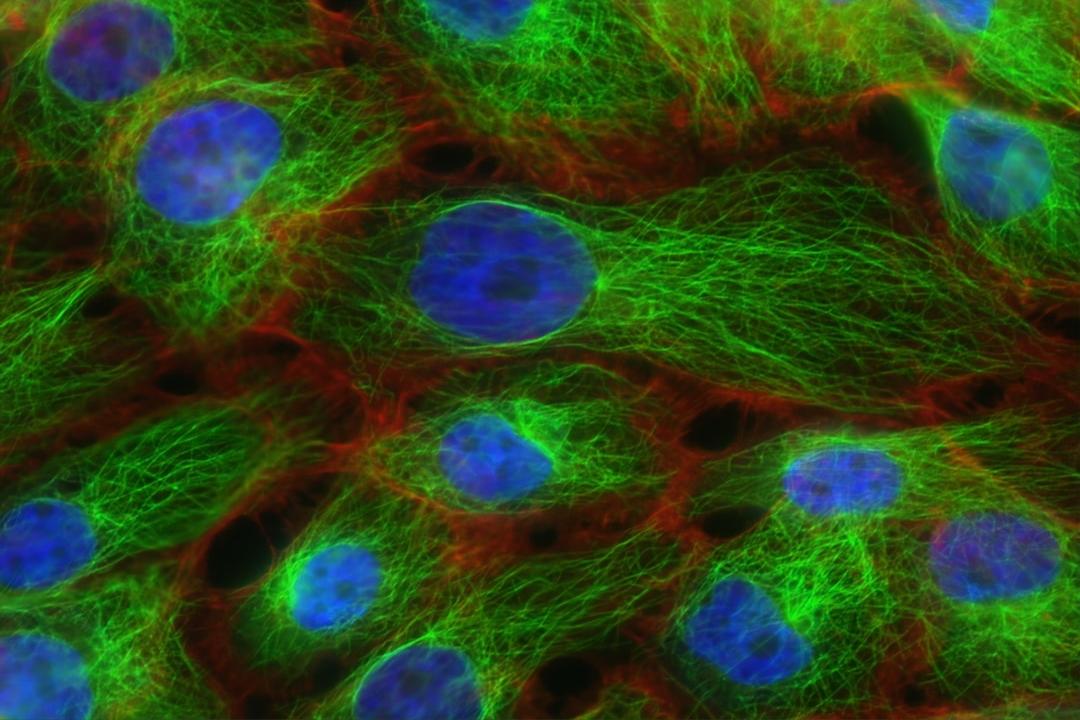SushiSwap, a decentralized exchange platform, has approved a controversial governance proposal called “Evolving Sushi – Burū no Shinka” (Sushi Evolution – Blue Evolution) on April 10th. The proposal suggests that SushiSwap, like other decentralized protocols, establish an autonomous entity called “Sushi Labs” to handle operations, protocol development, and management of the Sushi ecosystem. The existing decentralized autonomous organization (DAO) called Sushi DAO will transition to on-chain governance and only be responsible for overseeing the treasury and token supply.
Additionally, the proposal requests that Sushi DAO grant 25 million of the protocol’s native token $SUSHI (valued at approximately $35 million) to Sushi Labs and transfer approximately $53 million worth of assets from the Sushi ecosystem to Sushi Labs’ ownership. Furthermore, Sushi Labs will become the sole recipient of $SUSHI provided by any future protocols, partners, or airdrop rewards.
In summary, the proposal aims to transfer most of the funds currently controlled by the DAO to the newly established treasury of Sushi Labs, giving Sushi Labs control while Sushi DAO retains only oversight responsibilities. According to the proposer Jiro, the goal is to “restructure the current SushiSwap organization, improve flexibility and operational efficiency, and accelerate protocol development.”
According to the results of the signal vote on April 10th, with over 62% of voters supporting the new proposal, it has entered the next stage where the community is voting on its implementation. As of the deadline, approximately 83% of people have voted in favor of the plan, and the voting will conclude on April 17th.
However, as with previous controversies surrounding SushiSwap, this voting process has sparked intense debates within the community, with accusations that the core team manipulated the outcome of the vote.
The community has pointed out three suspicious actions, raising concerns about the manipulation of the voting results by the operations team.
Firstly, before the vote, a large number of new wallets received $SUSHI tokens. Shortly after the vote snapshot, these tokens were withdrawn from these wallets. This raised suspicions as to why there was a sudden influx of funds to these addresses just minutes before the vote and their subsequent removal.
Secondly, it is unusual for both a “signal vote” and an “implementation vote” to be designed and proposed simultaneously. Typically, there is a signal vote to gauge community sentiment before moving on to the implementation vote. The fact that both votes were presented at the same time suggests that the core team was confident in the approval of their proposal, depriving community members of the opportunity to accumulate more voting power through fundraising.
Lastly, it was discovered that the SushiSwap core team’s operations wallet recently obtained 4 million $SUSHI tokens from the multi-signature treasury and subsequently voted for themselves. This is the first time in SushiSwap’s history that the operations wallet has participated in voting. The large number of tokens held by the operations wallet gives the core team a significant advantage, raising doubts about the legitimacy of the vote.
In response to the community’s criticism, Jared Grey, the “Head Chef” of SushiSwap, explained that they instructed the operations team to vote in favor of the proposal after consulting with legal advisors to ensure its legitimacy and prevent hostile takeovers by other protocols. Grey also blamed the DAO’s unrealistic expectations and excessive budget restrictions for the limitations and delays in the product development roadmap.
The community is concerned about the concentration of power within Sushi Labs, which may undermine the decentralized principles that SushiSwap has been built upon. The team’s manipulation of the vote further raises concerns about governance transparency, fair resource distribution, and the long-term impact on the SushiSwap community.
The implementation vote for the proposal is still ongoing, and as of the deadline, approximately 83% of people have expressed support. The voting will conclude on April 17th.

